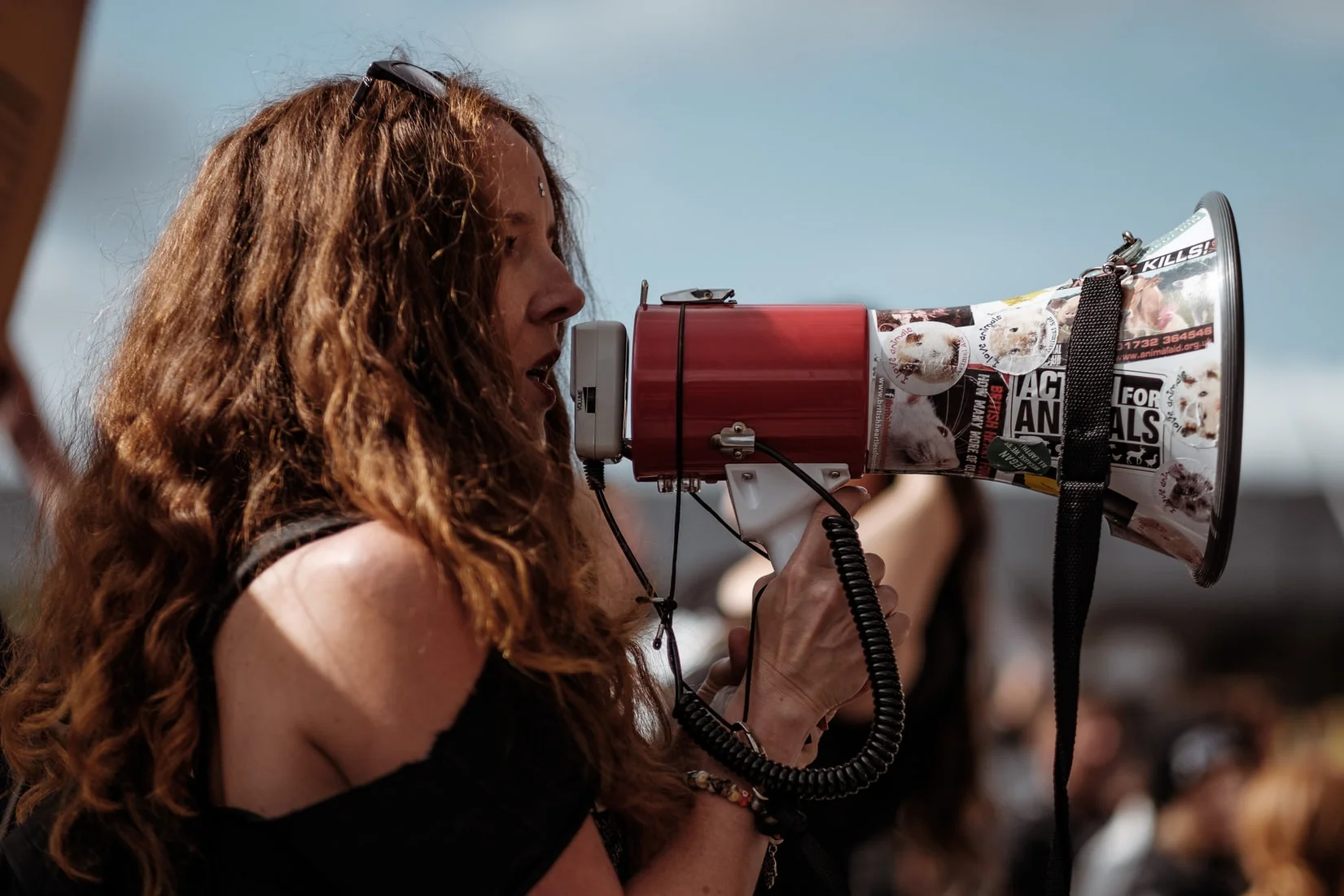Campaign conclusion and apparent competence
Sometimes being a mental health advocate is hard. But it is always worth it. This last month has been no exception.
This week saw the culmination of a year’s worth of work when I submitted my petition for a county-wide specialist personality disorders service to the local Clinical Commissioning Group. I was invited to attend a meeting of their governing body and speak about my own experiences as well as why it is I am campaigning for a local service.
I have spoken in a lot of places and to far larger audiences before but this speech was the most intimidating of them all to date. The setup of the room looked like a meeting of the UN with its huge u-shaped table and the microphones for everyone to speak into. Still, I somehow managed to keep calm enough to deliver what I had to say and the feedback was positive.
One attendee said that it is obvious that I am still here despite the system rather than because of it and that needs to change. Others said that they were astonished at the lack of support I had had and asked for that to be looked into to make sure it isn’t the norm (sadly I believe it is), and several people thanked me genuinely for sharing my journey and making them aware of the situation.
Obviously nothing could be promised there and then but I am expecting a written response in the not too distant future, which should outline plans going forward. I’m not expecting a miracle but I do hope that the petition and my plea in person does have enough of an impact for the commissioners to consider service provision within our locality. I guess time, and budgets, will tell.
Since I last wrote I have also been back to my local acute psychiatric hospital to deliver more Tackling Stigma training, been to various different board meetings and given a talk to a collection of different professionals from ‘urgent care’ (representatives from A&E, the police, psychiatrists, the crisis team etc) about my own experiences within these settings. The latter was a really interesting event and sparked some useful conversations about stigma, patient care and expectations.
‘Professionally’, things seem to be going for strength to strength currently, which is great. However, personally, things remain very tough. I have returned to EMDR therapy after the three week break and that is more than a challenge every week. At times, I have to remind myself that I am still a patient, that I still have a complex mental illness. I am a prime example of someone presenting with ‘apparent competence’.
Apparent competence is when someone seems in control and able to cope, whilst inside they are really struggling with things and feeling the full force of their mental illness. It has been something that I have demonstrated for most of my adult life, generally being a high functioning patient - until things get too much and completely fall apart. It has its benefits - it can open doors for me that would otherwise stay shut as I would be seen as too ill to partake in things or have an opinion. It can also lead to people treating you more as a ‘normal person’ rather than someone with a mental illness as you seem fine in most situations. However, it also has downsides. It can make people assume that you are better than you are, that you can cope with more, or that you don’t need so much support. This is problematic as it can lead to more and more pressure being placed upon you when you are still vulnerable to that pressure setting you back.
In the past I have had to point out my apparent competence to professionals who just assumed I was fine and making a strong recovery. These people didn’t look beyond the surface level, which is dangerous in patients who present this way. What is also dangerous though is the fact that this apparent competence can also fool the individual themselves into thinking they can cope with more than they can. This is where I have fallen down before. I take on so much because if those people think I can do it, I must be able to really. And before I know it I’m back drowning in my own successes.
I am in a better position now because I can see where I went wrong in the past but it is still difficult to remember that I need to pace things and allow time for my recovery when putting on that competent mask comes so naturally.
In reality, we all need time and space though and recovery takes as long as it takes.





